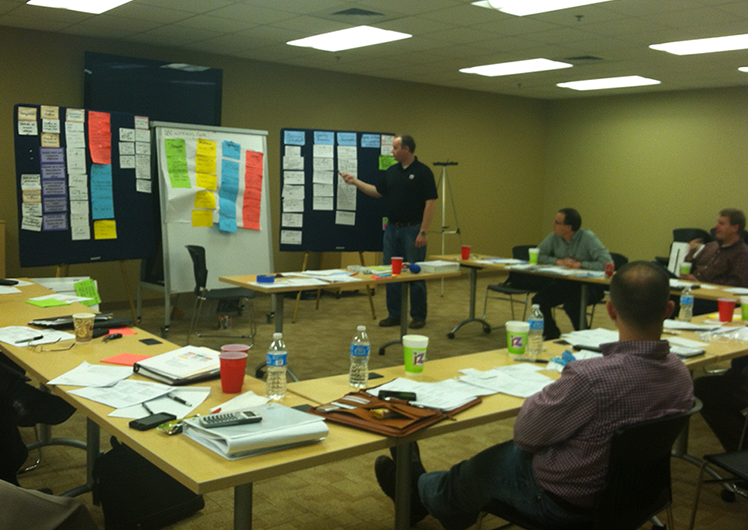Unforgivable Power?
The Center for Creative Leadership studied 21 derailed executives, who were expected to go higher in the organization, but had reached a plateau in their careers and were fired or forced to retire early. They were compared with 20 managers who made it all the way to the top. The researchers found the two groups astonishingly alike.
Every one of the 41 executives possessed remarkable strengths, and everyone was flawed by one or more significant weaknesses. So a person can make a lot of mistakes and have certain weaknesses and still rise to success. But a close study of the derailed executives showed there was one fatal flaw, when committed, always led to their downfall. The CCL researchers called it “the unforgivable sin “.
Immoral or unethical behavior is not what the researchers meant. We have all observed upstanding employees grieve over the loss of their leader who was a proven crook. The CCL fatal sin is sweepingly subtle. You may have seen this flaw when a management team agrees on a direction and the next thing everyone knows the team leader has headed off on a totally different track. Or a manager assigns someone a project and then secretly starts doing portions of the project himself. Or there is a certain employee who seems to have a special power to switch the leader’s thinking and often does so. At first these antics are the office joke. Now no one is laughing.
A child might describe this “unforgiveable sin” as being sneaky. In consultant speak; it would be called betraying a trust due to being consistently unpredictable. Specifically, this fatal flaw is a blatant disregard for the unwritten promised we depend on from teammates, but especially of our leaders, which are, ” I will do exactly what I say I will do when I say I will do that. If I change my mind I will tell you well in advance so you will not be harmed by my actions.”
Of course there are occasional exceptions. All of us will slip up and miss a promise, and there are desperate situations when a unilateral decision must be made. But if this unprofessional behavior begins to be known as the leader’s “management style”, their team members will get the message that the team’s input is redundant and will act accordingly.
Journal Entry: People who report to a manager with this flaw generally take one of three actions: 1) Quit – seldom a wise idea since this manager will, given time, either self-destruct or change 2) Stay stuck in the drama – complain, whine and pull the people around them down and off mission or 3) Stop trying to fix this person – decide to forgive the unforgivable behavior, focus on an inspiring goal and make a plan. Note: The folks who add a prayer for wisdom to action #3 often experience an added benefit of more peace and power in their leadership and life.
It is mutual trust, even more than mutual interest that holds human associations together. -H.L. Mencken
Better to trust the man who is frequently in error than the one who is never in doubt. -Eric Sevareid
If a man’s associates find him guilty of being phony, if they find that he lacks forthright integrity, he will fail. His teachings and actions must square with each other. The first great need, therefore, is integrity and high purpose. – Dwight D. Eisenhower
Few things help an individual more than to place responsibility upon him, and to let him know that you trust him. – Booker T. Washington
When a gifted team dedicates itself to unselfish trust and combines instinct with boldness and effort, it is ready to climb. – Patanjali, Ancient Yoga Master
A leader without any followers is a real bummer.” M. A.Tate



